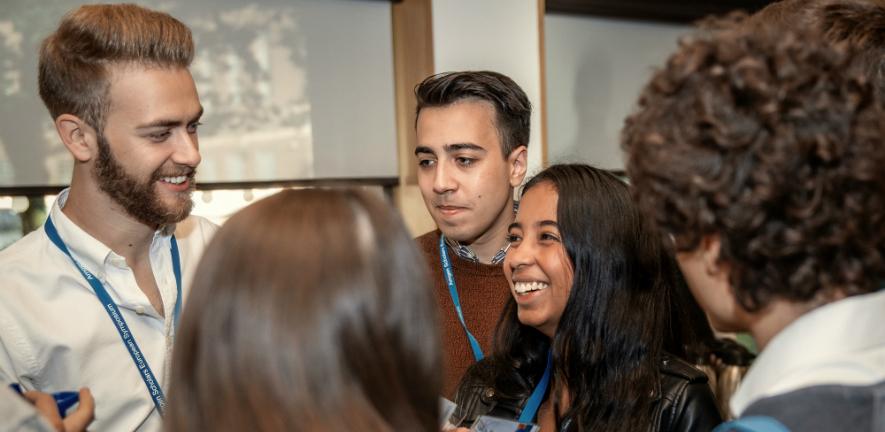
Applications for the 2024 Experience Postgrad Life Sciences programme are now closed. The information below is relevant for the 2024 cycle and will be subject to updates for future programmes.
The programme is targeted at UK and Republic of Ireland residents who are studying at a UK or Republic of Ireland university for their undergraduate bachelor degree. This does not include international students on Tier 4/Student visas, any other time-limited UK visa, or EU citizens with pre-settled status.
Who can apply
Applicants must be undergraduate bachelor students:
- who are enrolled in college or university
- who are in the penultimate year of their bachelor's degree, at the time of application.
- who are able to demonstrate a strong record of academic performance.
- who have an interest in undertaking a research postgraduate degree (MPhil or PhD).
- who are studying for a life sciences degree at a UK or ROI institution. Medical students in their second year until their penultimate year of studies would be considered but will need to state clearly in their personal statement how this internship will be important for their future career in research. Note: medical students will only be eligible for consideration on the programme once, so we advise you consult with your tutor, or similar, for advice on when is best for you to apply.
Other essential criteria
- You must be able to evidence that you have been settled in the UK on 1 July 2024, with no restrictions on how long you can stay in the UK or be a national of the Republic of Ireland; and
- You must have been ordinarily resident in the UK or Republic of Ireland (but not mainly for full-time education) since 1 July 2021.
Who should not apply
- Applicants who have previous significant research experience.
- Applicants who are currently studying for an integrated master's degree.
- Non-UK or Republic of Ireland nationals holding any type of time-limited UK visa, including international students on Tier 4/Student visas and EU citizens with pre-settled status.
Widening Participation
In addition, the University will be using positive action under the Equality Act 2010 to tackle the underrepresentation of, and overcome the disadvantage experienced by, certain groups , including those:
- identifying as belonging to an underrepresented ethnic group.
- granted refugee status in the UK.
- mature students.
- have received free school meals.
- at the time of applying for their undergraduate course, were living in one of the most deprived areas of the country.
- at the time of applying for their undergraduate course, were living in an area where it is unusual for young people to go to university.
- were the first generation of their family to go to university.
- entered university at undergraduate level from a Care background or a Foyer resident.
- estranged from their family.
- have caring responsibilities for an ill or disabled family member who could not manage without this help.
- have been a single parent, or lone guardian of a young person who is aged under 18 and/or still in full-time education during their undergraduate degree course.
- received full state support for maintenance for their course of undergraduate study.
Evidence that a student comes from an underrepresented or disadvantaged group should be provided by the referee in their reference letter to the programme. The University of Cambridge is committed to equality of opportunity and admissions to the programme will be solely on the basis of merit.
